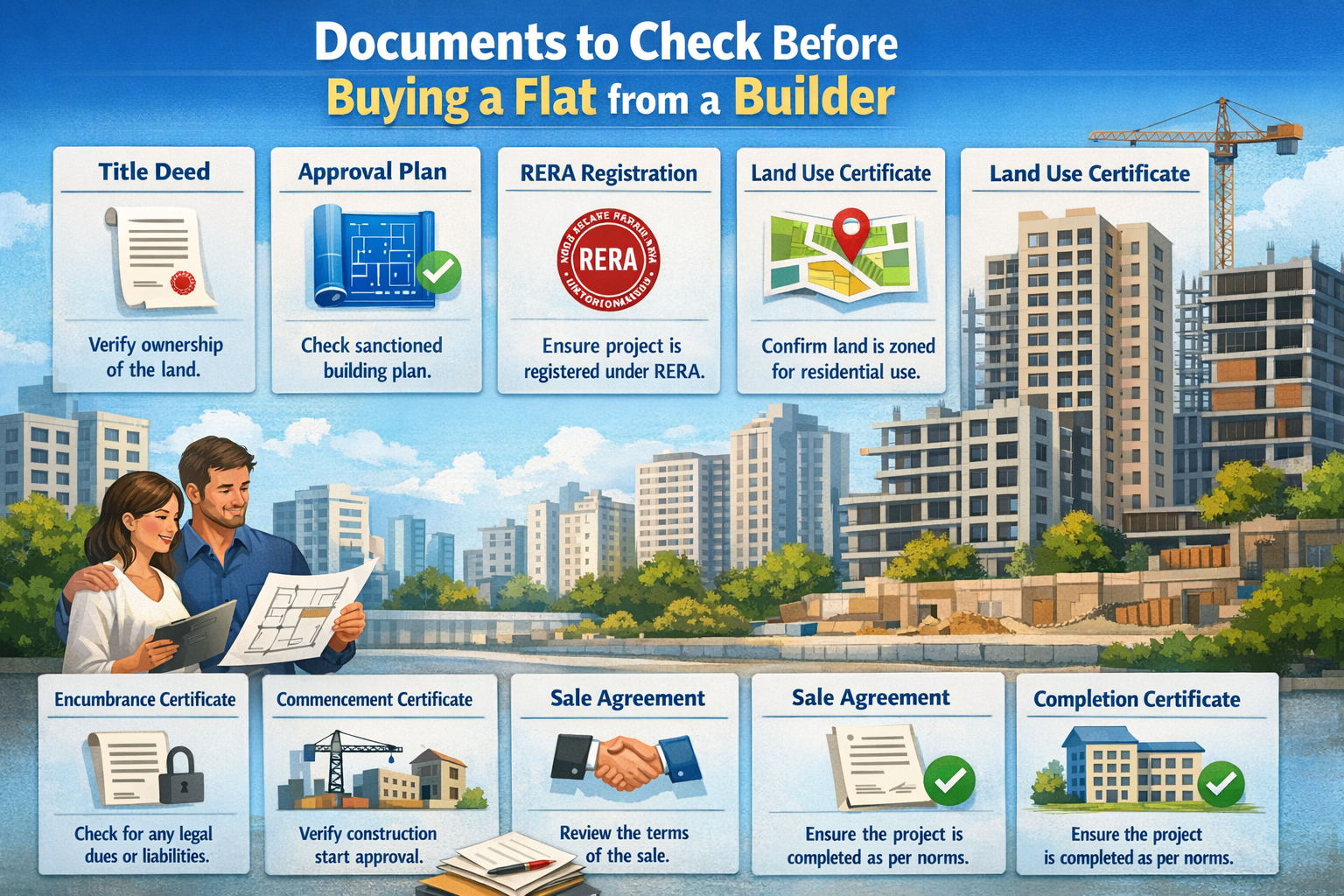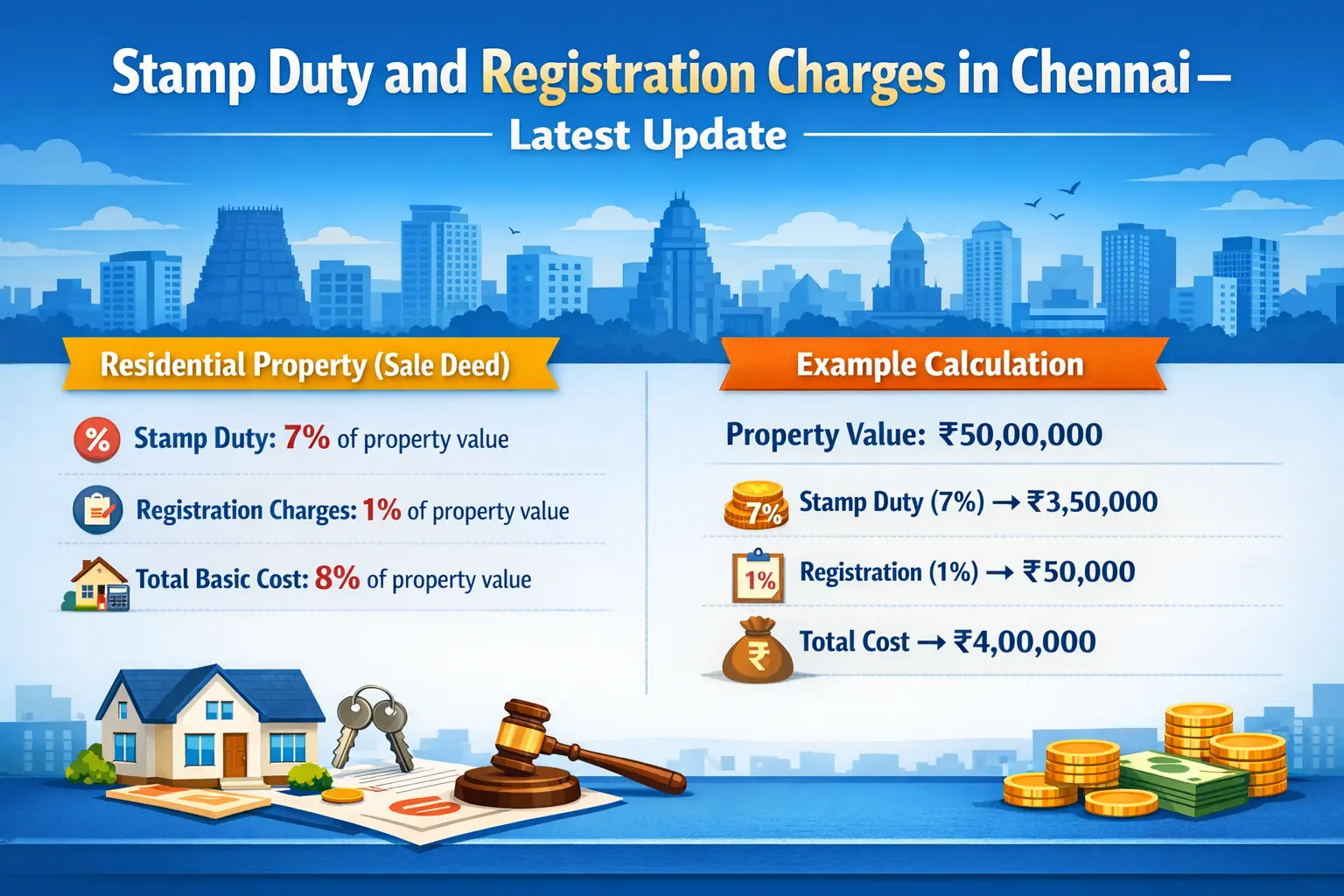The closing process is the final and most important step in buying or selling a home. It’s the point where ownership of the property officially transfers from the seller to the buyer. While it may seem like the finish line, this stage involves a series of legal, financial, and administrative steps that must be completed carefully to ensure a smooth and successful transaction. Below is a detailed explanation of what happens during the closing process and what you should expect every step of the way.
1. Understanding What Closing Means
Closing, also known as settlement, is the process where all the required documents are signed, funds are exchanged, and ownership of the property is officially transferred. This is typically coordinated by a closing agent, escrow officer, or real estate attorney, depending on the laws of your state. Once everything is finalized, the buyer receives the keys and the seller receives payment for the home.
2. The Timeline Leading Up to Closing
The closing process usually begins after the seller accepts the buyer’s offer and both parties sign a purchase agreement. The timeline from signing the contract to closing can vary but generally takes about 30 to 60 days. During this period, several steps take place to prepare for closing, including inspections, appraisals, financing, and title verification.
3. Key Steps in the Closing Process
a. Opening an Escrow Account
An escrow account is established to securely hold all funds and important documents until closing is complete. The escrow company or agent acts as a neutral third party, ensuring that all conditions of the sale are met before any money or property changes hands.
b. Home Inspection and Repairs
Most buyers schedule a professional home inspection to evaluate the condition of the property. If issues are found, the buyer may request repairs or negotiate credits from the seller. The inspection report ensures there are no major hidden problems before closing.
c. Property Appraisal
If the buyer is financing the purchase with a mortgage, the lender will order an appraisal to determine the home’s fair market value. The appraisal protects both the lender and buyer by ensuring that the property’s value supports the loan amount.
d. Title Search and Title Insurance
A title company or attorney will conduct a title search to verify that the seller legally owns the property and that there are no outstanding liens, unpaid taxes, or other claims against it. Once confirmed, title insurance is issued to protect the buyer and lender from future title disputes.
e. Finalizing the Mortgage
The buyer works closely with their lender to complete the loan approval process. This includes submitting final documents, confirming employment and income, and locking in the interest rate. The lender then prepares the closing disclosure, a detailed summary of all loan terms, interest rates, closing costs, and payments.
Also Read: Quality Check before buying a New House
4. The Closing Disclosure
At least three business days before closing, the buyer receives the Closing Disclosure (CD) from the lender. This document itemizes every financial aspect of the transaction, including:
- Purchase price of the home
- Loan amount and interest rate
- Estimated monthly mortgage payment
- Property taxes and insurance costs
- Closing costs and prepaid expenses
- Amount of money the buyer needs to bring to closing
It’s crucial for the buyer to review this document carefully and compare it to the original Loan Estimate to ensure there are no unexpected changes.
5. The Final Walkthrough
Typically, the day before or the morning of closing, the buyer conducts a final walkthrough of the property. This is a last opportunity to confirm that any agreed-upon repairs have been completed, the home is in the same condition as when it was last seen, and that nothing has been damaged or removed unexpectedly.
6. The Closing Appointment
The actual closing meeting may take place at a title company, real estate attorney’s office, or another neutral location. In some cases, it may even be handled virtually or remotely. Both the buyer and seller (or their representatives) attend the meeting, along with agents, attorneys, and sometimes the lender.
During this appointment:
- Buyers sign loan documents, the mortgage note, and the closing disclosure.
- Sellers sign documents transferring ownership, such as the deed and bill of sale.
- Funds are transferred: the buyer pays the down payment and closing costs (usually by wire transfer or cashier’s check), and the lender releases the loan funds.
- The closing agent distributes payments to the seller, real estate agents, and any other involved parties.
After all documents are signed and funds are disbursed, the deed is recorded with the local county recorder’s office, officially transferring ownership to the buyer.
7. Closing Costs
Closing costs typically range from 2% to 5% of the home’s purchase price and can include:
- Loan origination fees
- Appraisal and inspection fees
- Title search and title insurance
- Recording and transfer fees
- Escrow or attorney fees
- Prepaid property taxes and insurance
The buyer and seller may negotiate who pays certain costs, but most are the buyer’s responsibility.
Also Read: Essential Checklist Before Buying a Residential Apartment in Chennai
8. After Closing
Once the transaction is complete, the buyer receives the keys to the property and can move in. The lender will provide information on when and how to make the first mortgage payment. The buyer should also keep copies of all signed documents for future reference, including tax purposes.
The seller, on the other hand, receives the proceeds from the sale (after paying off any remaining mortgage or liens) and hands over possession of the property.
9. Common Issues That Can Delay Closing
Even though most closings proceed smoothly, delays can happen due to:
- Incomplete loan documentation
- Title issues or unresolved liens
- Last-minute repair disputes
- Appraisal coming in lower than the purchase price
- Problems with the buyer’s financing
Staying organized, responsive, and in close communication with your real estate agent and lender helps prevent these delays.
Concussion
The closing process marks the end of a real estate journey and the beginning of a new chapter for the buyer. While it can seem complex, understanding each step in advance helps you feel confident and prepared. With the right professionals guiding you—your agent, lender, and closing officer—you can navigate the process smoothly and look forward to celebrating your new home or successful sale.
https://www.livehomes.in/blogs













